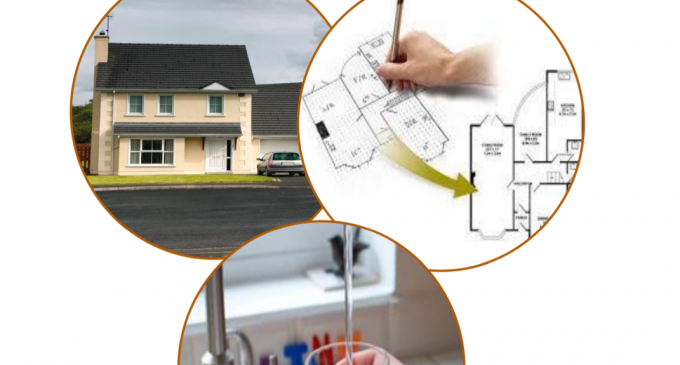Government Plans to Double Annual Residential Construction to 25,000 Homes by 2021

The Department of Housing, Planning, Community and Local Government on Friday released their statement of strategy, in which they outlined plans to double the annual level of residential construction to 25,000 homes and deliver 47,000 units of social housing in the period to 2021. The document identified problems of “persistent under-supply” in the residential housing market, especially in Dublin as well as a persistent homelessness problem.
Plans to increase the number of social housing units include the establishment of a Housing Agency Fund of €70 million, with the specific focus of engaging with banks and investment companies, to acquire properties.
The department has outlines five “pillars” to tackle the housing crisis, beginning by addressing homelessness by providing early solutions to the “unacceptable level” of families in emergency accommodation. The document also outlines intentions to reduce the incidence of rough sleeping, and enhance State supports to keep people in their own homes.
Other “pillars” include plans to increase the level and speed of delivery of social housing and other State-supported housing, to increase the output of private housing to meet demand at affordable prices, to improve the rental sector and to ensure that existing housing stock is used to the maximum degree possible – focusing on measures to use vacant stock to renew urban and rural areas.
The document also outlined plans to provide access to the Housing Assistance Payment (HAP) to any household that can benefit from the secure housing support by completing the rollout of the HAP to all local authorities by end of Q1 2017 and iuncrease the number of households transferring to HAP from rent supplement. The strategy also plans to review the disparate systems of differential rents in local authorities and review the eligibility and allocation systems in place for social housing across local authorities, as well as increasing the regularity of the Summary of Social Housing Assessments by undertaking it on an annual basis, from 2016 onwards.
Secretary General of the Department John McCarthy said: “The Government has identified the urgent need to address the national housing challenge as a key objective in the Programme for a Partnership Government. The establishment of the new Department of Housing, Planning, Community and Local Government and the publication of Rebuilding Ireland, the Action Plan for Housing and Homelessness, underline the Government’s commitment to tackling this challenge. The main focus of our work over the period of this Strategy Statement, therefore, will be to drive the implementation of Rebuilding Ireland”
The document has also put forth objectives to promote urban renewal and regeneration and addressing the problem of dereliction in many urban centres, through the re-use of existing vacant buildings and derelict sites, and by employing vacant site levies.
The full Statement of Strategy can be read here.







